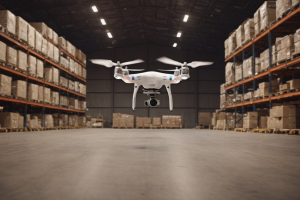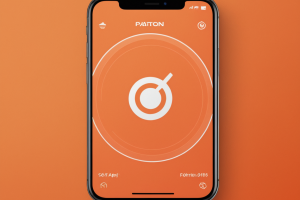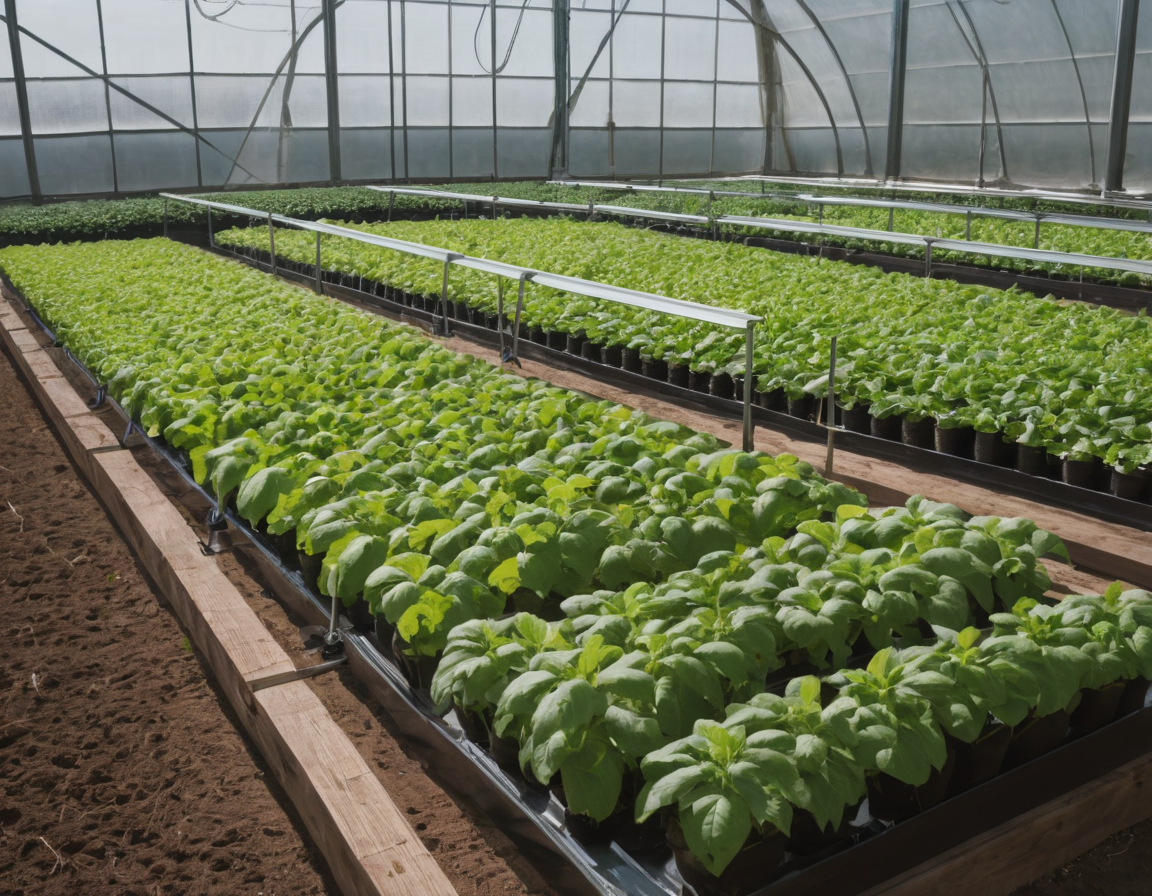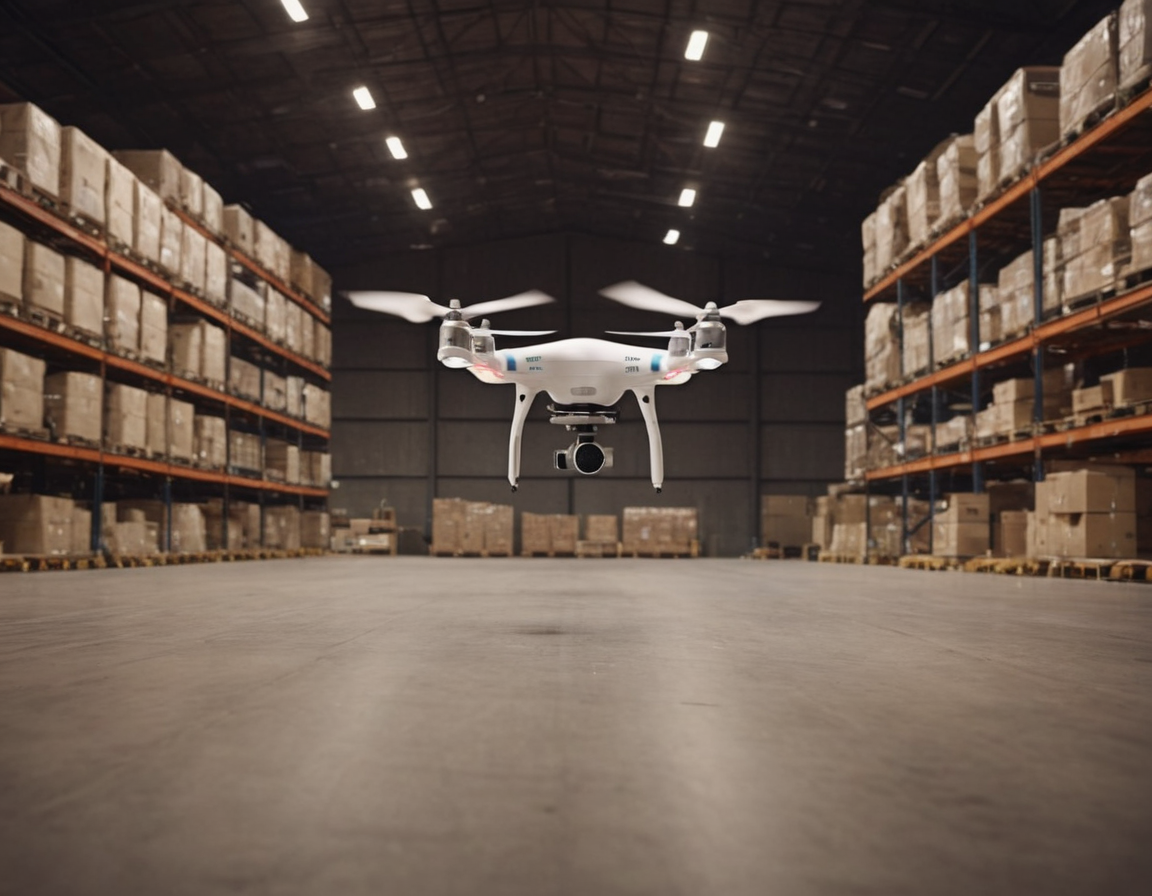How Robotics and AI Transformed Hippo Harvest’s Indoor Farming Business
About the Context
Indoor farming has faced challenges in recent times, with numerous startups experiencing financial difficulties. Despite attracting significant investments totaling $3 billion from 2012 to 2022, according to Crunchbase, recent losses have caused setbacks such as bankruptcies, layoffs, and decreased valuations. However, amidst these headwinds, Hippo Harvest secured a $21 million Series B funding round, making it an exception in the industry.
Hippo Harvest distinguishes itself from other indoor farming companies by focusing more on robot technology than cultivating crops. While automated systems dominate the market, Hippo Harvest sought inspiration from Amazon’s evolution from fixed process automation to advanced robotics. By applying this concept to their greenhouses, they transformed conventional agricultural methods.
CEO Eitan Marder-Eppstein explained, “We saw an opportunity to take those robots and turn them into tractors for our greenhouses.” This shift enabled Hippo Harvest to conduct more experiments, collect valuable data, and improve efficiency. Their innovative approach addressed longstanding issues, such as the limitations imposed by shared hydroponic loops.
By implementing individual cells within three-foot-square modules, Hippo Harvest overcame obstacles related to nutrient distribution and microbiomes. Moreover, their use of robotics reduced labor requirements and increased productivity without compromising product quality.
Despite staying committed to greenhouses rather than adopting vertical farming, Hippo Harvest boasts impressive environmental benefits. They claim to use up to 92% less water, 55% fewer fertilizers, and no pesticides compared to traditional agriculture. Although their current operations still depend on natural gas, they aim to achieve net-zero emissions by 2040.
In conclusion, Hippo Harvest represents a promising development in the indoor farming landscape. Amidst the struggles facing the sector, their successful application of robotics and AI offers hope for sustainable growth and innovation.













